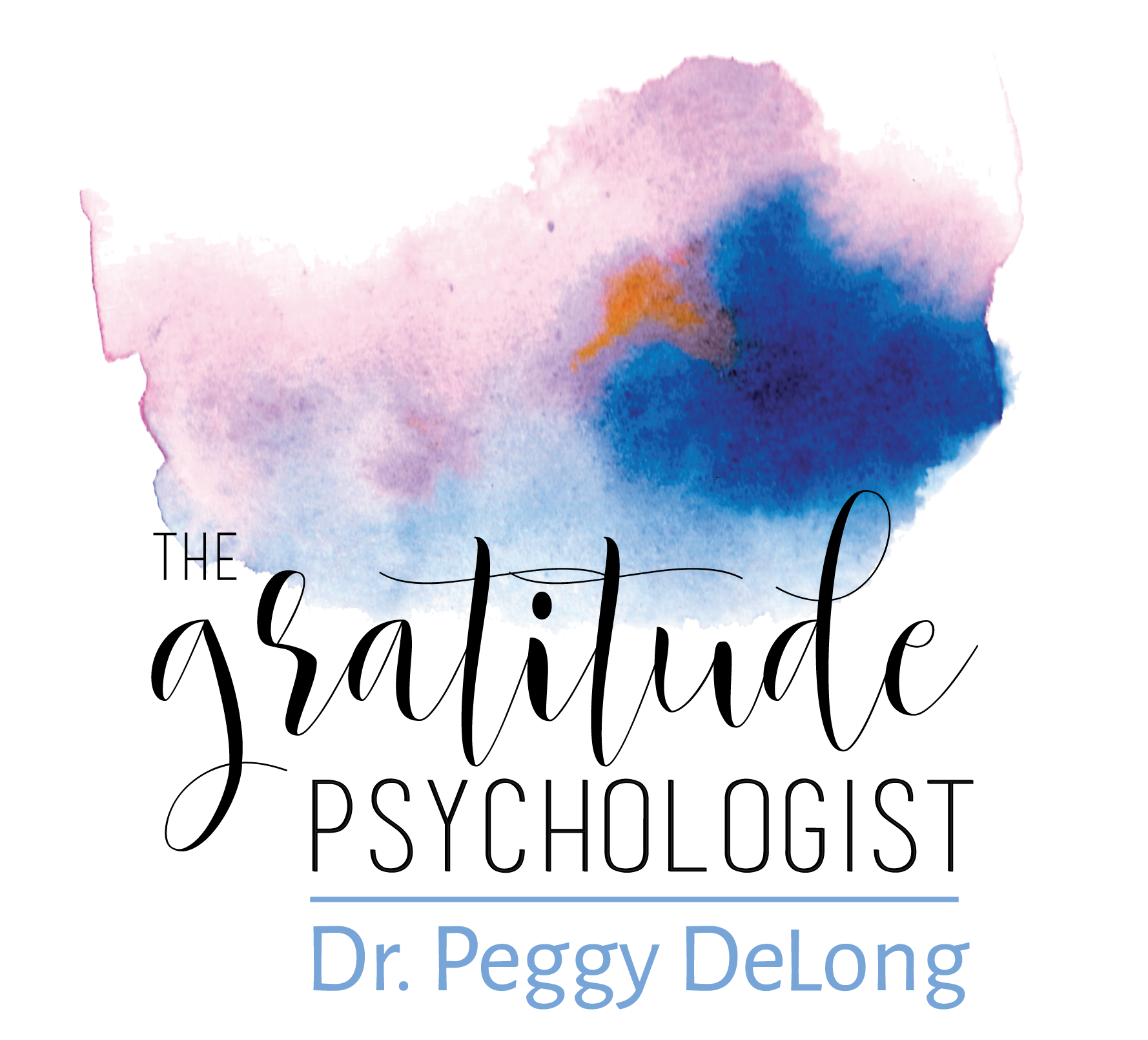Some Guidance Regarding When to Seek Mental Health Services
I am often asked this question in my professional and personal lives: “My family has recently experienced some changes. How do I know if my children should see a psychologist in order to help them cope?” Here is my response:
• Keep in mind that many behaviors, although unpleasant or unwanted, are “normal” reactions to stress. Life crises and changes, such as divorce, death, or a move can be stressful for both children and adults. Children may experience mood swings, bedwetting, nightmares, withdrawal, or aggression in response to stress. It becomes problematic if these problems persist, or if they interfere with daily functioning and/or life satisfaction. Children experiencing life changes may benefit from mental health services to help them cope, even if they are not demonstrating severe problems. A psychologist can help the child and family develop a better understanding of the problem, as well as addressing coping methods to help alleviate the problem.
• Remember that early intervention is best. If you are uncertain about bringing your child for help, a psychologist can provide a consultation and help you with your decision. There is much to gain, even if that is simply knowledge that your is adapting well and does not need professional assistance.
• One question to keep in mind is whether or not the problem interferes with your child’s life enjoyment, relationships, and overall functioning. For example, your child may have always had bad dreams, but now the nightmares are more frequent, and your child has difficulty sleeping every night. As a result, he may be irritable, and his school performance is rapidly deteriorating. In this situation, your child is suffering and would likely benefit from treatment.
• Sometimes parents are reluctant to bring their child to see a psychologist because they believe that their child will need to continue going for a long time. This is not true, as it is possible for the length of sessions to be brief. Seeking mental health services for your child will also provide you with the opportunity to ask questions, receive parenting skills, education regarding childhood development and the issue at hand, and support and guidance. The psychologist can help you to develop a greater understanding of your child. Parenting is not easy, and we all need support.
• Some parents are reluctant to seek mental health services for their children because they believe that it is a sign that they have somehow failed. Quite the opposite is true. You are demonstrating that you care about your child by making efforts for your child to receive the most happiness and satisfaction out of life.
• If you decide to seek assistance for your child, it is important to have someone skilled with children. Children require a different approach than adults, and younger children require a different approach than older children. It is therefore important that the psychologist has training and experience with children of your child’s age. It is also important that you obtain “a good feeling” from the psychologist. Much of the counseling is based on trust and open communication, which may be difficult if you feel that you and your child do not “connect” with the therapist. It is also important that you feel comfortable asking questions, and that your concerns are heard.
• Children are under enormous amounts of stress these days. Some children have better coping skills than others. The following may indicate that your child is having difficulty handling stress:
• overly aggressive behavior (hitting, biting, fighting)
• sudden changes in appetite or sleep problems
• lack of interest in previously enjoyed activities
• lack of interest in being with friends and family
• physical complaints (frequent headaches, stomachaches, nausea) despite a physician’s examination that nothing is wrong physically
• changes in your child’s usual mood (anxiety, anger, or depression)
• acting out and defiance at home and school, temper tantrums
• drop in academic performance
• intense fears or preoccupations
• Mental health services are not just reserved for individuals experiencing problems. Receiving services when things are going well can be considered “preventative medicine”, making children stronger and better equipped to handle problems when they do arise. Our children receive regular medical check-ups regarding their physical well-being without the presence of symptoms. Why shouldn’t they receive “mental health check-ups” as well? And I’ll add that parents also deserve the same attention and care of themselves!

Leave a Reply